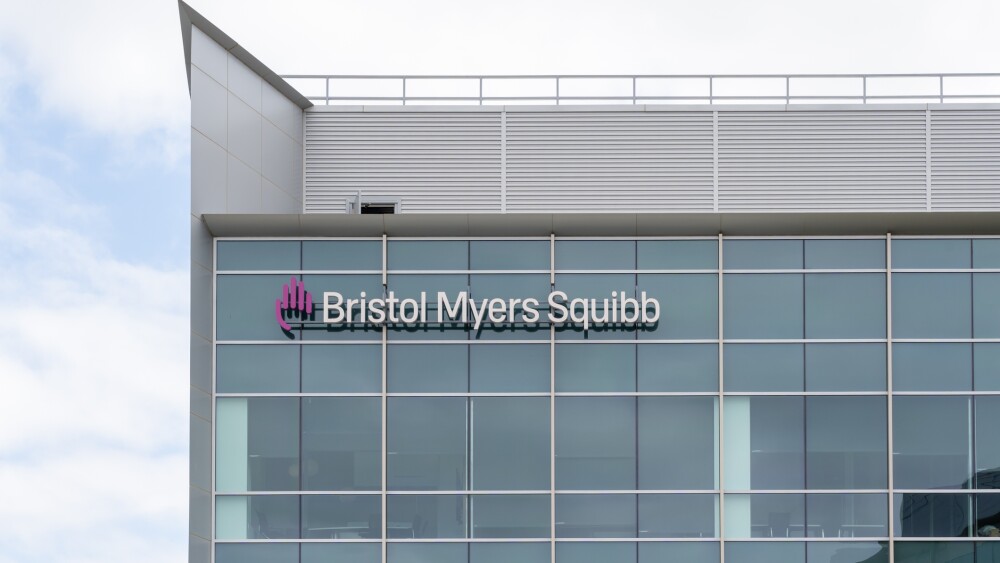No Biotech Copycat Drug Lift Off Before 2017: Novartis AG CEO Predicts
August 26, 2014
By Mark Terry, BioSpace.com Breaking News Staff
In a Reuters interview, Joe Jiminez, Chief Executive Officer of Swiss-based Novartis AG said he did not think biosimilars, or copycat versions of drugs, would play a major role in healthcare for another three to five years. Biosimilars are drugs that are similar enough to known products to be interchangeable.
The Patient Protection and Affordable Care Act (PPACA) amended the Public Health Service Act (PHS Act) to allow a shortcut licensure pathway for biosimilars. A concern for biotech and pharma companies because of competitive issues, a number of physicians have also expressed their concern recently in an August 14, 2014 letter to U.S. FDA Commissioner Margaret A. Hamburg. In the letter, the physicians said that biosimilars “must have distinguishable nonproprietary names” from drugs they are competing with, the reference biologics. Their argument is physicians may confuse the two and it will be easier to track side effects. Earlier in the summer a group of pharmacies, insurers and unions wrote to Commissioner Hamburg asking that the biosimilars have similar names, so as to not limit potential savings.
Novartis has a generics unit called Sandoz, which holds the biggest market share in the biosimilars arena. CEO Joe Jiminez indicated that the company generated about $500 million in sales with biosimilars, and were growing about 20% annually. He did not expect to see a big difference in the next two or three years, but with major biosimilar launches scheduled for 2017, 2018, and 2019, he expected a “big impact” by 2020. Partly this is due to a number of expensive and lucrative antibody drugs losing patent protection.
The industry in general is taking a close look and discussing how to deal with biosimilars. Currently one of the pre-conference talks at the 16th International Conference of Drug and Regulatory Authorities (ICDRA) taking place in Rio de Janeiro, Brazil August 26-29 was titled “Ensuring Quality and Safety of Biosimilars for Patients Worldwide.” The FDA recently issued a tentative approval of Basaglar, a biosimilar for insulin marketed by Eli Lilly and Boehringer Ingelheim. The drug is described as a “basal insulin with the same amino-acid sequence as the familiar Lantus (insulin glargine).” Lantus is an insulin product developed by Sanofi. It’s patent will expire in 2015, and generated worldwide revenue of $7.8 billion.
In a recent article, Joseph P. Fuhr Jr., a professor of Economics at Widener University, argued that biosimilars can be cheaper for consumers, which would benefit healthcare in general. “It is estimated that the potential savings in the U.S. from just 11 biosimilars over the time period from 2014 to 2024 could be $250 billion. For the same 10-year period, the savings for California alone would be $27.6 billion from the same 11 biosimilars.”





